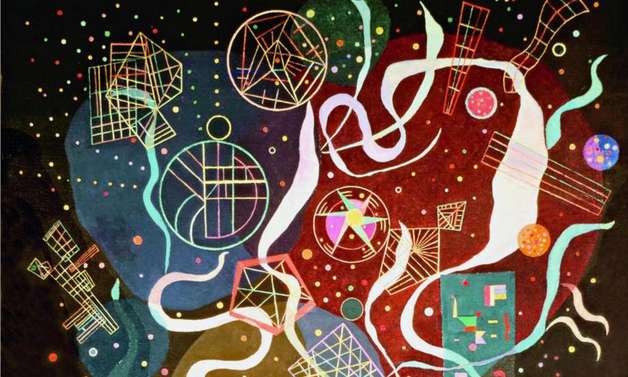Life is full of questions. From the time we wake up to the time we spend on the clock to the time we have for relaxation—we ask questions all the time: What’s next? Where do I go from here? When is the next thing going to happen? Am I doing this correctly? Questions pervade our daily life; they occupy our minds. Our questions can be as mundane as “What is today’s date?” or as life-determining as “How am I going to pay for these bills?” When we ask a question, we wish to receive an answer: What’s next? This is next. Where do we go? Let’s go there.
In a sense, questioning is a type of movement. It is a movement from potentiality to actuality, a movement from ignorance to knowledge. The answers to our questions help us to get going throughout the day, to get ourselves moving on with life, to get from point A to point B. Our questions arise in the context of certain situations both good and bad. If I have a pie to share, I should ask how many pieces I need to cut in order to satisfy everyone at the party. If upon coming home I discover one of my house windows broken, I’d better ask myself why the window is broken before I go through the door.
The Blessed Virgin Mary asked a certain question when a certain situation entered into her life. When the angel Gabriel appeared to her to announce the conception of Jesus in her womb, Mary asked a simple question: “How can this be?” This is an honest and intelligent question: how is it that a virgin is able to conceive without having relations with a man?
One could make the observation that Mary’s question is a question of doubt: how dare she question the almighty power of God who can do all things? But such an objection doesn’t do justice to Mary’s human nature. It denies man’s natural desire and capacity for understanding. Mary does not doubt God’s omnipotence; rather, she seeks to understand the meaning of God’s presence to her: why does God care to come to me and what am I to do?
Mary’s question is a question marked by humility, a humility so profound that it leaves no room for prideful doubting. Giving voice to a question springing from great faith, Mary teaches us that it is okay to question the great deeds of God if one trusts in Him. In faith, Mary was disposed with humble attention to receive the answer for the meaning of her existence. And it was in this way that she let the Holy Spirit come upon her.
May we too ask in humble faith before our God the questions which preoccupy every human life: Who are You? Who am I? How can this be?
✠
Image: Wassily Kandinsky, Movement I







